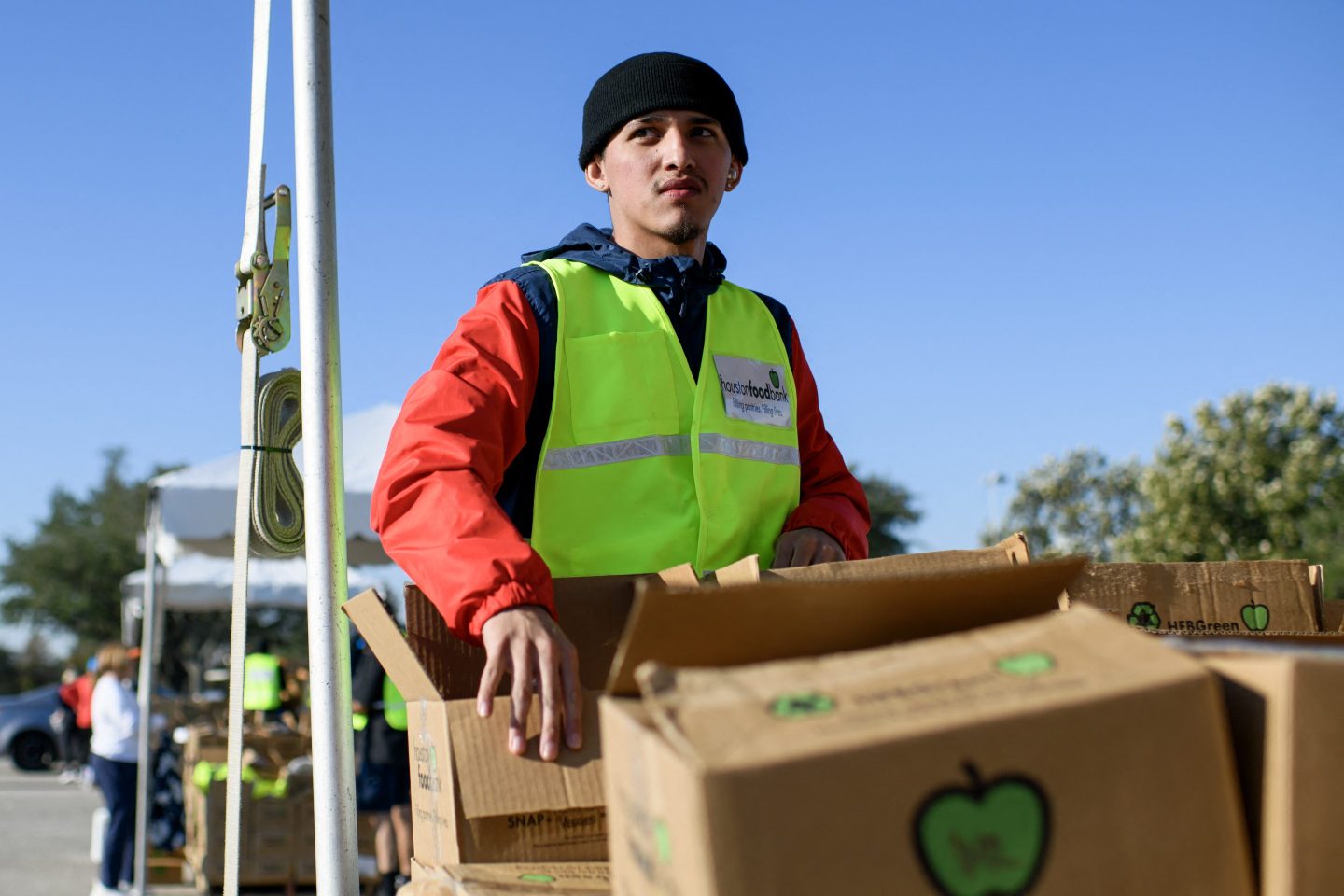At your next company happy hour, you may want to consider ordering your mixed drinks “neat,” or at room temperature—without ice.
Business Insider recently asked more than two dozen bartenders to “weigh in on what they’d love to tell customers but can’t.” Their response: Think twice about ice because it may be unclean.
Of course, this is just anecdotal advice from a handful of mixologists. While some bars and restaurants may not rigorously clean their ice machines, others may do so.
Here’s what you should keep in mind:
Yes, in some cases ice has been found to be contaminated:
Some studies and news stories over the past decade lend credibility to these bartenders’ warning about ice machines. In 2014, HuffPost spoke to two experts on ice and ice machine contamination. Three main issues were discussed in the piece: mold, bacteria, and whatever is found on peoples’ hands.
These contaminants can come from a variety of places. Mold can build up in ice machines—especially if they’re not cleaned or are turned off for a period of time.
And despite the Safe Drinking Water Act in 1974 and EPA standards for clean water, water can become contaminated with bacteria while being frozen and stored from ice making machines or from contact with other contaminated food.
A 2011 study by researchers at the University of Nevada, Las Vegas examined the prevalence of bacteria in ice and soda dispensed at Las Vegas restaurants. The study found that 33.3% of ice samples contained heterotrophic bacteria—higher than EPA standards. It also found that “72.2% were positive for presumptive coliform bacteria presence.” (The soda samples fared far worse in both categories.)
And of course, there’s human negligence. Bartenders who work while sick, don’t wash their hands before scooping ice, and use their hands to touch ice can contaminate ice from their hands. (Norovirus can be spread this way.)
“Most people don’t realize that not washing their hands could cause death,” Debra Huffman, a microbiologist at the University of South Florida, explained to NBC News in 2006. “They just don’t see the risk. It’s not going to smell funny. It’s not going to look funny. These are microscopic, and so you’re not going to see it. You wouldn’t known it happened.”
How restaurants can avoid ice and ice machine contamination:
Restaurants and bars can take steps to avoid contamination, and a big part of that is treating ice with the same safety precautions that they would treat food, Martin Bucknavage, senior food safety extension associate at the Department of Food Science at Pennsylvania State University, explained to HuffPost.
This is also codified by the Food and Drug Administration. Ice is defined as food by the U.S. Food and Drug Administration Food Code, according to Food Safety Magazine.
Cleaning and sanitizing ice machines can also help prevent contamination, and it’s mandated by law.
“Ice machine cleaning is governed by Food Law 2009 Chapter 4 part 602.11 section (E) item (4a and b), which states that the machines must be cleaned “at a frequency specified by the manufacturer,” which in most instances ranges from two to four times per year, or ‘at a frequency necessary to preclude accumulation of soil or mold,'” Food Safety Magazine notes. “Ice machine sanitizing is governed by Chapter 4 part 702.11, which states that the ice contact surfaces must be sanitized after each cleaning.”
Restaurants that don’t comply can be levied hefty fines.
Food Safety Magazine offers tips to combat human error, including washing hands, proper ice scoop handling, and not handling ice with hands.
The takeaway:
There are cases in which ice contamination has caused serious illness or death. However, your immune system can probably handle some contact with contaminated ice, experts told HuffPost.
As with any foodborne illness, there are certain groups who are more at risk of getting sick, including the very young, the very old, those with HIV/AIDS, those with diabetes or autoimmune disorders, or pregnant women, according to FoodSafety.gov.
Some customer tips for avoiding contaminated ice include paying attention to the cleanliness and health ratings of restaurants and bars you visit. And if you’re really concerned, skip the cocktail and stick with beer, wine, cider, or a shot.











